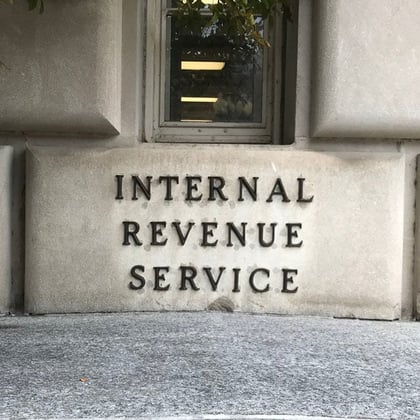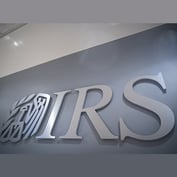The Internal Revenue Service this week announced that it has indefinitely extended approval of the use of electronic signatures on key tax documents and disclosures.
According to the announcement, the acceptance of digital signatures is “extended indefinitely until more robust technical solutions are deployed,” and the use of encrypted email when working directly with IRS personnel has also been extended until Oct. 31, 2025.
The use of e-signatures was originally put in place during the COVID-19 pandemic. According to the IRS, e-sign technology has since promoted “secure and effective communications” that have been “well received by tax professionals and taxpayers who reported that allowing for the use of electronic or digital signatures saved time and resources.”
With this extension, Internal Revenue Manual 10.10.1 has been updated to allow the acceptance of alternatives to handwritten signatures for certain tax forms and the ability to accept images of signatures and digital signatures in compliance interactions.
A listing of allowable signature options can be found in IRM Exhibit 10.10.1-2 on IRS.gov.












 Copyright © 2024 ALM Global, LLC. All Rights Reserved.
Copyright © 2024 ALM Global, LLC. All Rights Reserved.